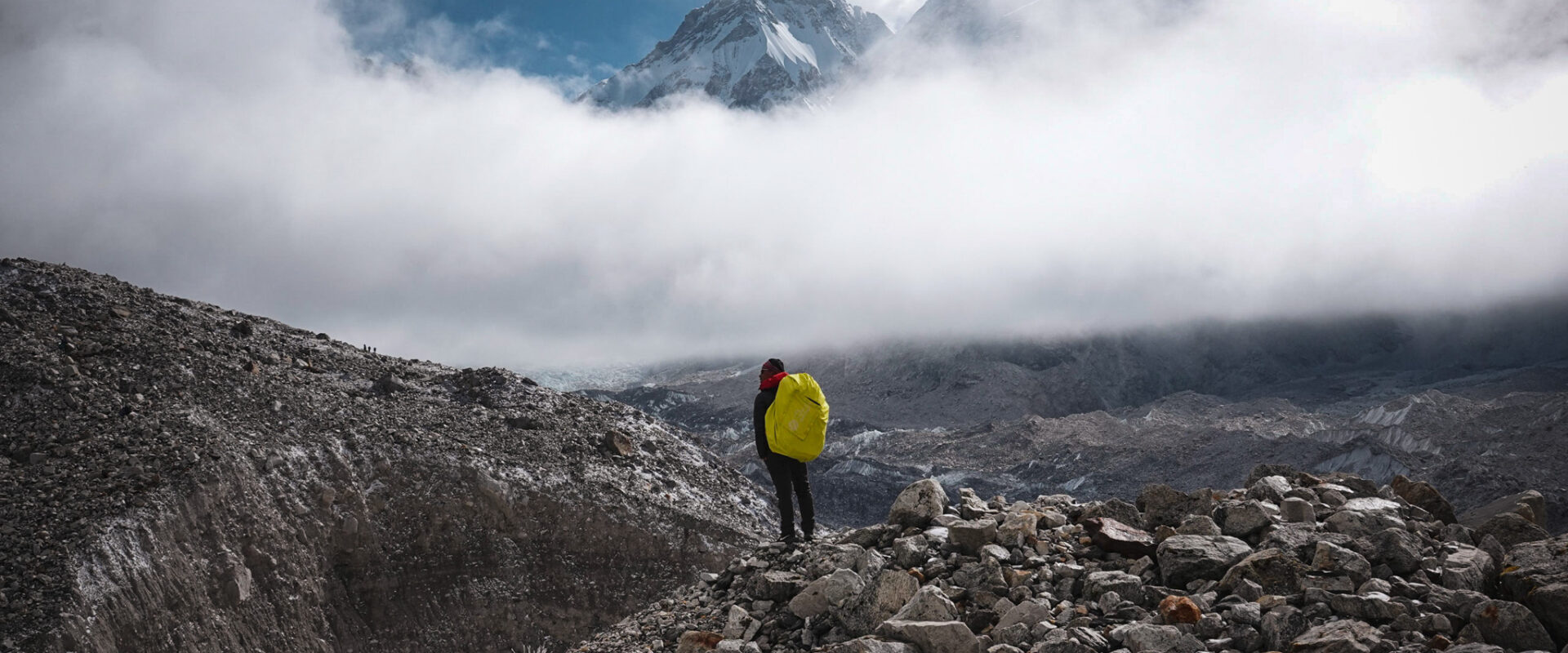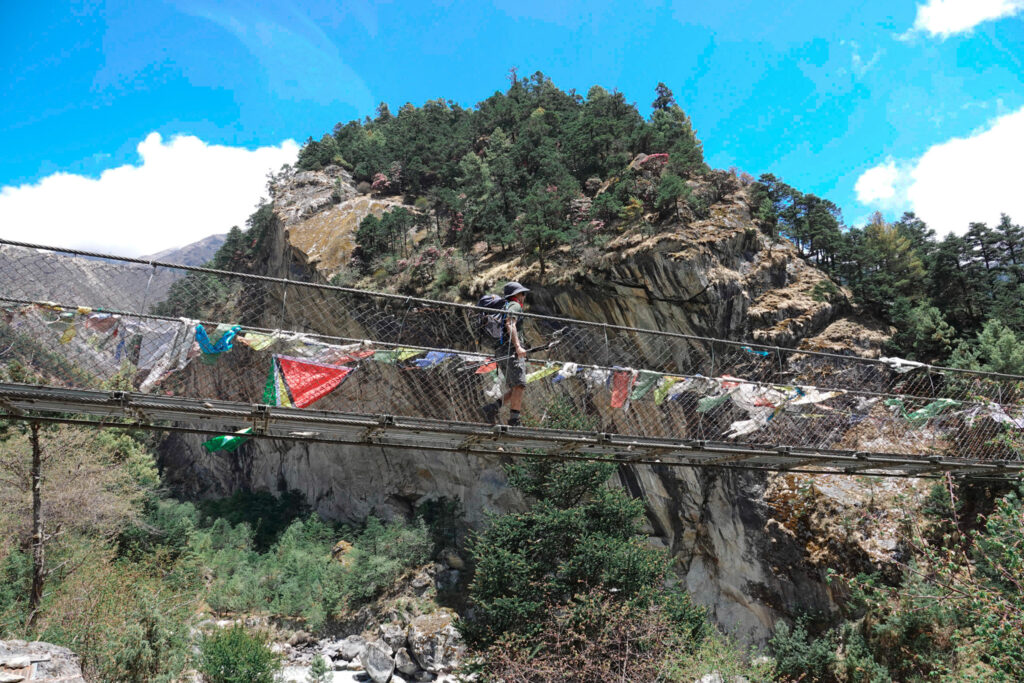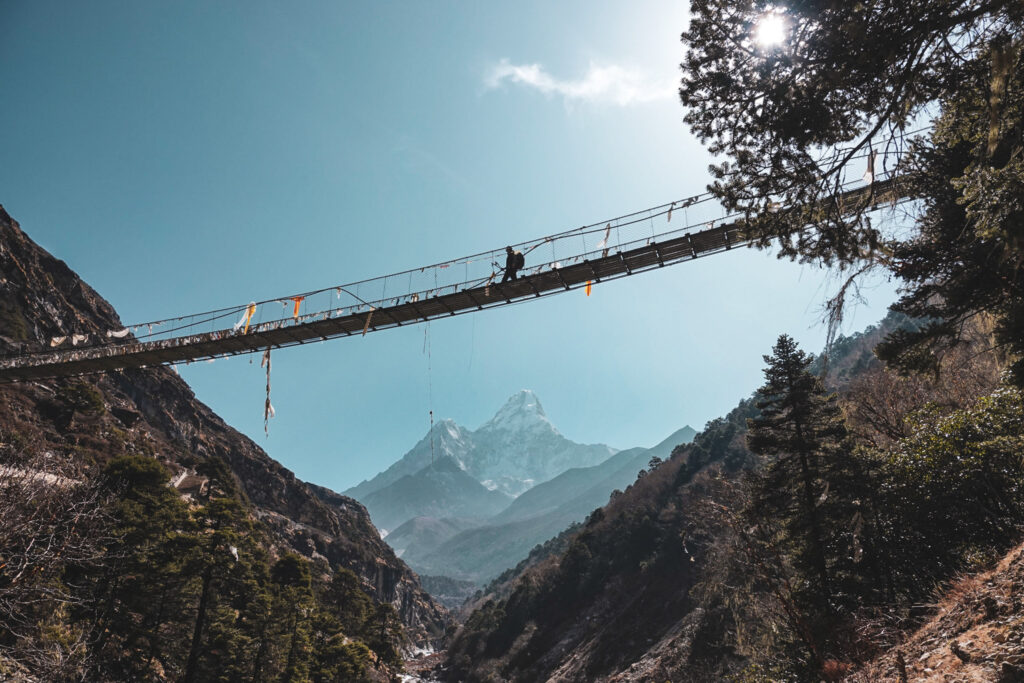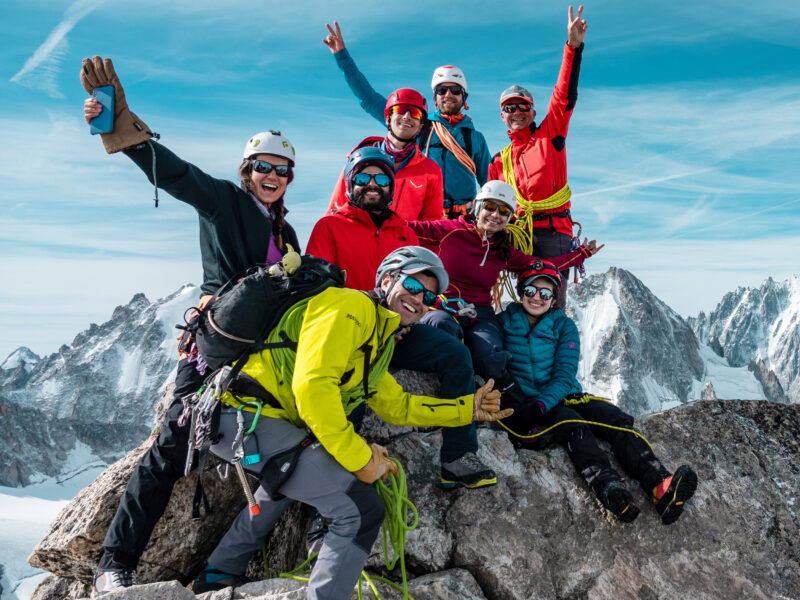BY Rami Rasamny | February 15 2024
How Hard is it to Trek to Everest Base Camp?

Embarking on the Everest Base Camp (EBC) Trek is more than just a physical journey; it’s an odyssey of self-discovery amidst the breath-taking landscapes of the Himalayas. As you prepare to undertake this iconic adventure, it’s crucial to understand the challenges that lie ahead and equip yourself with the necessary tools for success.
Our LHO Everest Base Camp adventure is meticulously crafted to ensure your safety, comfort, and cultural immersion every step of the way. From handpicked accommodations to expert guides and a well-planned acclimatization schedule, we’ve thoughtfully curated every aspect of your journey, allowing you to focus solely on soaking in the awe-inspiring beauty of Nepal.
The Importance of Physical Fitness:
While you don’t need to be an elite athlete to tackle the EBC Trek, a good level of physical fitness is essential for an enjoyable experience. The trek encompasses steep ascents, long descents, and extended periods of walking with relatively light backpacks, typically not exceeding 5 kilograms. Therefore, it’s vital to focus your fitness regimen on building endurance, leg strength, and cardiovascular fitness.

Training Recommendations:
To prepare your body for the rigors of the EBC Trek, consider incorporating the following elements into your workout routine:
- Aerobic Fitness: Engage in activities such as running, hiking, stair climbing, or cycling regularly to enhance your cardiovascular endurance. These activities mimic the sustained effort required during the trek and help improve your overall stamina.
- Strength Training: Integrate exercises like squats, lunges, deadlifts, and core workouts into your regimen to build muscular strength and stability. Strong leg muscles will be particularly beneficial for navigating the steep terrain encountered along the trekking route.
- Flexibility and Mobility: Prioritize stretching and yoga sessions to maintain flexibility and mobility, which are essential for preventing injuries and ensuring fluid movement throughout the journey.
- Interval Training: Incorporate high-intensity interval training (HIIT) sessions to boost your endurance, agility, and anaerobic capacity. Interval training closely simulates the variable terrain and elevation changes you’ll encounter on the trek, making it an effective preparatory tool.
Consistency is key when it comes to training for the EBC Trek. Aim to dedicate at least 2 to 3 days per week specifically to your preparation regimen, gradually increasing the intensity and duration of your workouts as your departure date approaches.

Key Challenges and Considerations:
The core challenges of the EBC Trek revolve around endurance, motivation, and adaptation to high-altitude environments. The trek typically spans between 11 and 16 days, depending on the chosen itinerary, with multiple nights spent at high altitudes. While no prior trekking experience is required, participants should be mentally prepared for the physical demands and the unpredictable nature of mountain weather.
Furthermore, staying motivated over the course of the journey is essential, especially during challenging sections or when fatigue sets in. Surrounding yourself with supportive fellow trekkers, experienced guides, and passionate team leaders can significantly enhance your morale and sense of camaraderie throughout the adventure.
In conclusion, while the Everest Base Camp Trek presents its share of challenges, it also offers unparalleled rewards in terms of natural beauty, cultural immersion, and personal accomplishment. By adequately preparing your body and mind, embracing the journey with determination and an open heart, you’ll embark on an unforgettable expedition that transcends the physical realm, leaving an indelible mark on your soul.














